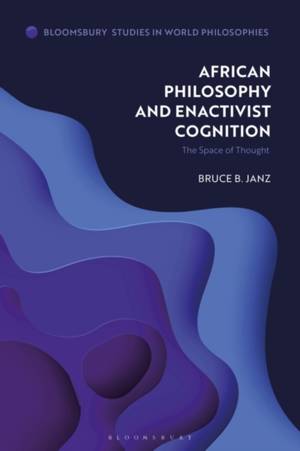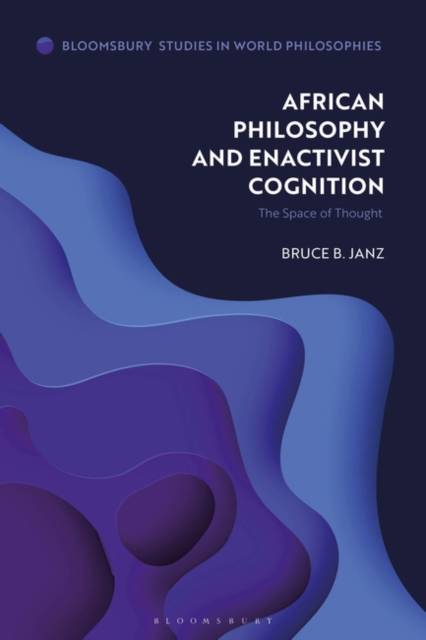
Bedankt voor het vertrouwen het afgelopen jaar! Om jou te bedanken bieden we GRATIS verzending (in België) aan op alles gedurende de hele maand januari.
- Afhalen na 1 uur in een winkel met voorraad
- In januari gratis thuislevering in België
- Ruim aanbod met 7 miljoen producten
Bedankt voor het vertrouwen het afgelopen jaar! Om jou te bedanken bieden we GRATIS verzending (in België) aan op alles gedurende de hele maand januari.
- Afhalen na 1 uur in een winkel met voorraad
- In januari gratis thuislevering in België
- Ruim aanbod met 7 miljoen producten
Zoeken
Omschrijving
Using classic texts in African philosophy, Bruce B. Janz applies the strand of cognitive science known as enactivism to realise new connections and intersections between both fields. The idea that cognition is embodied and embedded in a social world neatly maps onto specifically African epistemologies to outline a new direction of study on what philosophy is.
By working through a rich range of texts and thinkers, Janz provides a fruitful new interpretation of African philosophy and provides close readings of seminal and sidelined thinkers to provide an invaluable resource for students and scholars. Janz's study takes in the creative humanism of Sylvia Wynter, Placide Tempels's Bantu Philosophy, Mbiti's theory of time, Oruka's last work on sage philosophy, Mogobe Ramose's own version of Ubuntu, Sophie Oluwole's active literature of philosophy, Achille Mbembe's excoriating attack on the effects of colonialism on life in Africa, and Suzanne Césaire writings on négritude. This book reorients African philosophy towards an active and creative future informed by enactivist thinking.Specificaties
Betrokkenen
- Auteur(s):
- Uitgeverij:
Inhoud
- Aantal bladzijden:
- 264
- Taal:
- Engels
- Reeks:
Eigenschappen
- Productcode (EAN):
- 9781350292185
- Verschijningsdatum:
- 17/11/2022
- Uitvoering:
- Hardcover
- Formaat:
- Genaaid
- Afmetingen:
- 156 mm x 234 mm
- Gewicht:
- 548 g

Alleen bij Standaard Boekhandel
+ 407 punten op je klantenkaart van Standaard Boekhandel
Beoordelingen
We publiceren alleen reviews die voldoen aan de voorwaarden voor reviews. Bekijk onze voorwaarden voor reviews.









